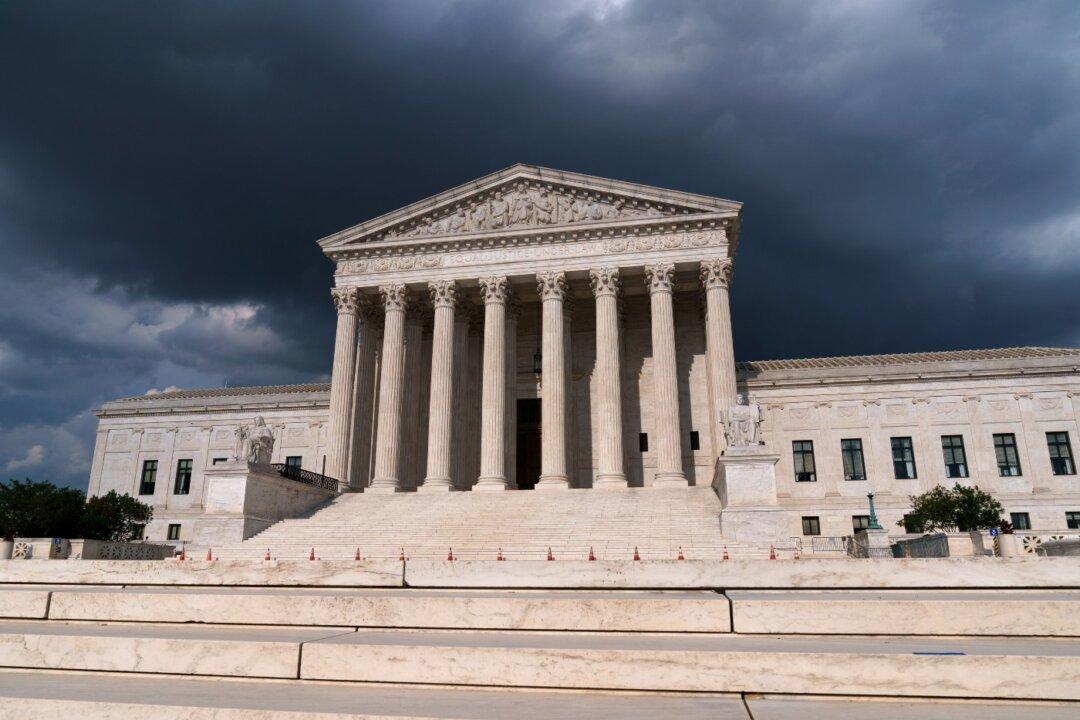A Maine law that excludes families from a student aid program if they choose to send their children to religious schools is flatly unconstitutional and should be struck down, a seemingly sympathetic Supreme Court heard Dec. 8.
The program at issue provides tuition assistance for students who don’t have a local public school so they can attend private institutions, as long as the funding isn’t used for religious education.





